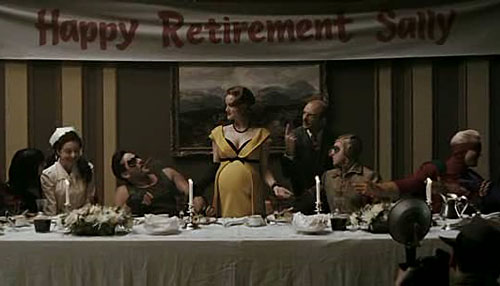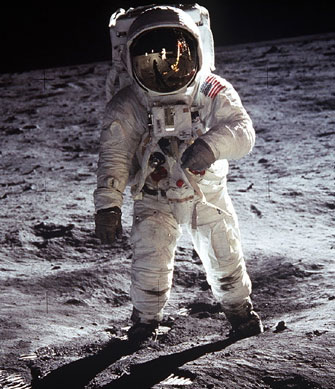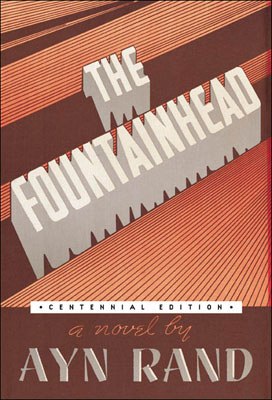Here is an excellent read – The Dark Side of Dubai by Johann Hari

Here are some samples of the interviews.
Sahinal Monir, 24-year-old Bangladeshi labor
“To get you here, they tell you Dubai is heaven. Then you get here and realise it is hell”
As soon as he arrived at Dubai airport, his passport was taken from him by his construction company. He has not seen it since. He was told brusquely that from now on he would be working 14-hour days in the desert heat – where western tourists are advised not to stay outside for even five minutes in summer, when it hits 55 degrees – for 500 dirhams a month (£90), less than a quarter of the wage he was promised. If you don’t like it, the company told him, go home.
“We have been robbed of everything. Even if somehow we get back to Bangladesh, the loan sharks will demand we repay our loans immediately, and when we can’t, we’ll be sent to prison…..There’s a huge number of suicides in the camps and on the construction sites, but they’re not reported. They’re described as ‘accidents””
Mela Matari, a 25-year-old Ethiopian maid
“But they paid me half what they promised. I was put with an Australian family – four children – and Madam made me work from 6am to 1am every day, with no day off. I was exhausted and pleaded for a break, but they just shouted: ‘You came here to work, not sleep!’ Then one day I just couldn’t go on, and Madam beat me. She beat me with her fists and kicked me. My ear still hurts. They wouldn’t give me my wages: they said they’d pay me at the end of the two years. What could I do? I didn’t know anybody here. I was terrified.”
Ahmed al-Atar, 23 year-old Emiratis
“This is the best place in the world to be young! The government pays for your education up to PhD level. You get given a free house when you get married. You get free healthcare, and if it’s not good enough here, they pay for you to go abroad. You don’t even have to pay for your phone calls. Almost everyone has a maid, a nanny, and a driver. And we never pay any taxes. Don’t you wish you were Emirati?”
Sultan al-Qassemi, 31-year-old Emirati columnist
“When I see Western journalists criticise us – don’t you realise you’re shooting yourself in the foot? The Middle East will be far more dangerous if Dubai fails. Our export isn’t oil, it’s hope. Poor Egyptians or Libyans or Iranians grow up saying – I want to go to Dubai. We’re very important to the region. We are showing how to be a modern Muslim country. We don’t have any fundamentalists here. Europeans shouldn’t gloat at our demise. You should be very worried…. Do you know what will happen if this model fails? Dubai will go down the Iranian path, the Islamist path.”
Dr Mohammed Raouf, the environmental director of the Gulf Research Centre
“This is a desert area, and we are trying to defy its environment. It is very unwise. If you take on the desert, you will lose….At the moment, we have financial reserves that cover bringing so much water to the middle of the desert. But if we had lower revenues – if, say, the world shifts to a source of energy other than oil…Water is the main source of life. It would be a catastrophe. Dubai only has enough water to last us a week. There’s almost no storage. We don’t know what will happen if our supplies falter. It would be hard to survive.”
Unnamed American woman hotel employee
“They (water analysts) told us it was full of fecal matter and bacteria ‘too numerous to count’. I had to start telling guests not to go in the water, and since they’d come on a beach holiday, as you can imagine, they were pretty pissed off……The expats are terrified to talk about anything. One critical comment in the newspapers and they deport you. So what am I supposed to do? Now the water is worse than ever. People are getting really sick. Eye infections, ear infections, stomach infections, rashes. Look at it!”
Unnamed Filipino retail worker
“I think Dubai is like an oasis. It is an illusion, not real. You think you have seen water in the distance, but you get close and you only get a mouthful of sand.”
Other various expats comments
“Here, you go out every night. You’d never do that back home. You see people all the time. It’s great. You have lots of free time. You have maids and staff so you don’t have to do all that stuff. You party!”
“When you go to the toilet, they open the door, they turn on the tap – the only thing they don’t do is take it out for you when you have a piss!”
“All the people who couldn’t succeed in their own countries end up here, and suddenly they’re rich and promoted way above their abilities and bragging about how great they are. I’ve never met so many incompetent people in such senior positions anywhere in the world.”











